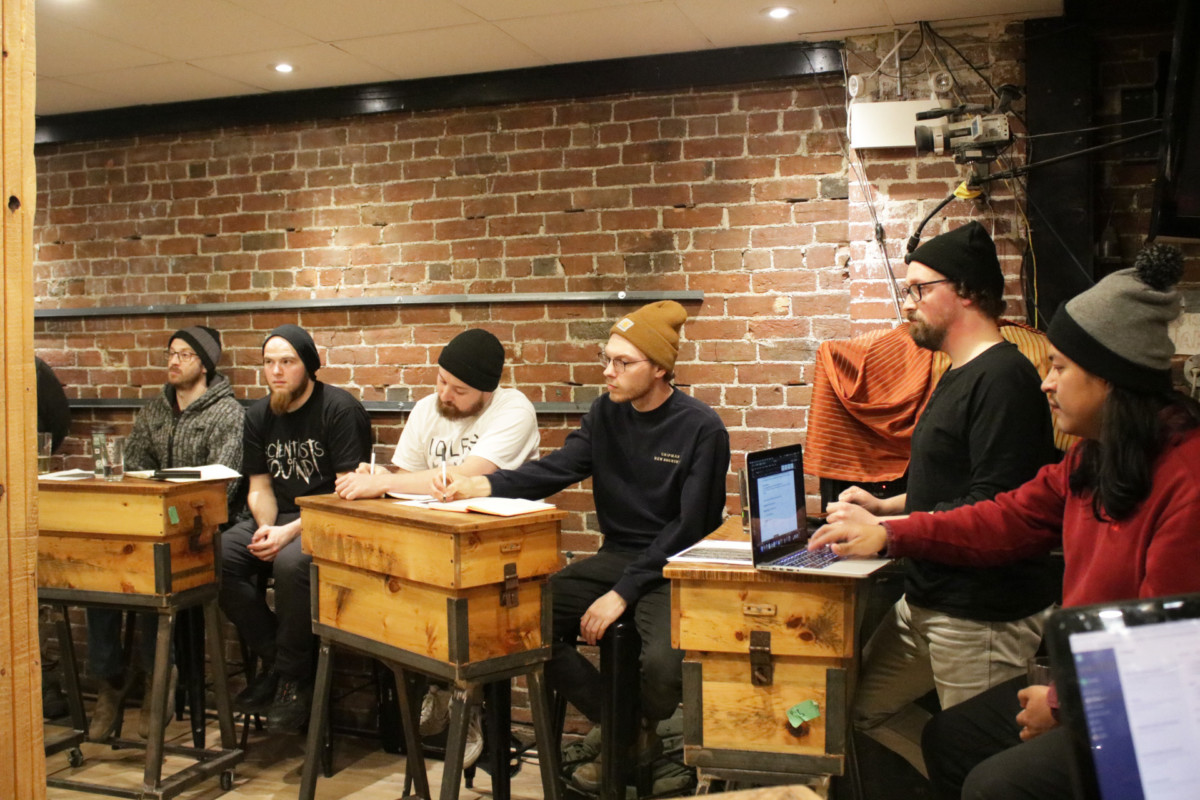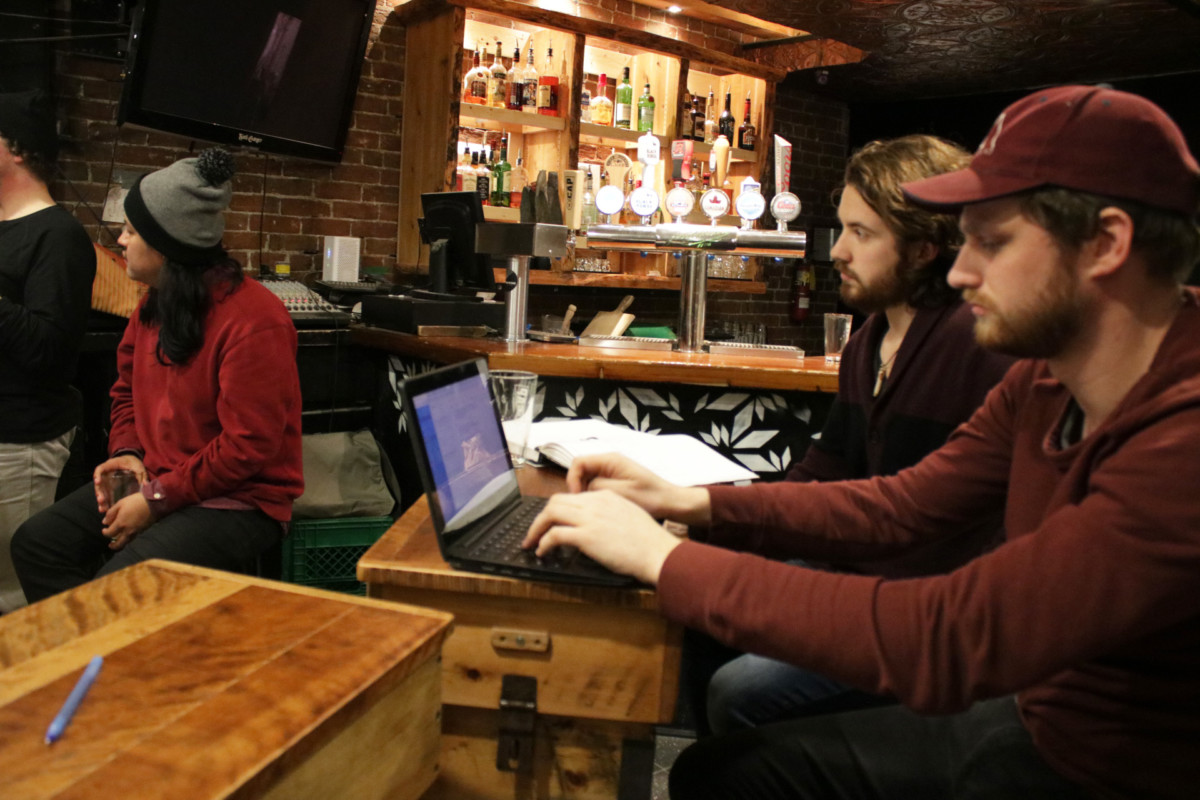
Touring for an artist is a path to new audiences and greater opportunities. At a certain level, especially in the digital music age, it’s the way bands and musicians can make the most money.
But before any band hopes to play a world tour or headline a festival, there are plenty of pitfalls musicians encounter before they can even begin to make a small profit on the road.
Motherhood bassist and Music New Brunswick president Penelope Stevens decided to use her experiences touring to create a workshop that walks aspiring musicians through the first steps to hitting the road.
Stevens’ said her band struggled just like everyone else on their first tour.
“We were extremely poor. We played to basically no one because we had no idea how to promote. We got ripped off couple times, but we didn’t get anything stolen and we didn’t break up, so all in all it was a success,” said Stevens.
Since then she said the band has learned the communication skills necessary to make good pitches and interact with new people they work with when booking tours.
“I didn’t have anyone telling me at workshops how to do it, so you make a lot of stupid mistakes for six years and then you’re like ‘Oh, that’s how you do it,’” she said.
Stevens stressed the importance of honing your live performance before bringing it to new markets.
“If your live show sucks, you’re just going make enemies. If you’re not ready, if you don’t have good songs and you’re not putting on a good show, there’s not really any point in touring,” she said.
The workshop
Stevens gathered in a room with 15 artists aspiring to tour for the first workshop of three on March 9. She was joined by guests Stephen Lewis, a funk and looping artist who talked about how to persistently pitch to festivals without being annoying, and Zach Atkinson, the owner of music venue The Cap who discussed proper etiquette when communicating with venue owners and the importance of the terminology and language to use when doing so.

Stevens said the motivation behind the workshops was to show bands they are capable of obtaining their touring goals.
“I think a lot of people maybe get a misconception that bands that tour have something that they [bands not currently touring] don’t.”
One of the main topics in the first meeting was that persistence is key.
“I think a lot of people assume when someone doesn’t answer them that’s it, the answer’s no,” said Stevens.
“People send one email to a venue and they don’t get [a response] and [think] we’ll never play that venue. I think it’s a pretty common misconception.”
Stevens said that planning and managing tours properly give you things to build on for future tours, even if the financial gain is not the best.
“Until you’re at the level where you have a tour bus and you’re making a buttload of money, every tour is just preparation for the next tour.”
“It’s just a cycle you just keep digging yourself into. But having a good tour and being able to celebrate the little victories helps you to know how to do it better the next time.”
She hopes the workshops can help the artists who participate not to get too ahead of themselves when booking tours and that they are able to set realistic goals for themselves.
“I’m hoping that people will be able to understand that different priorities and different goals for projects are totally okay. Not everyone is vying for world domination and wants to tour 12 months of the year.”
Note: The next two workshops of the series will be postponed due to COVID-19 and social distancing recommendations from the New Brunswick government.
